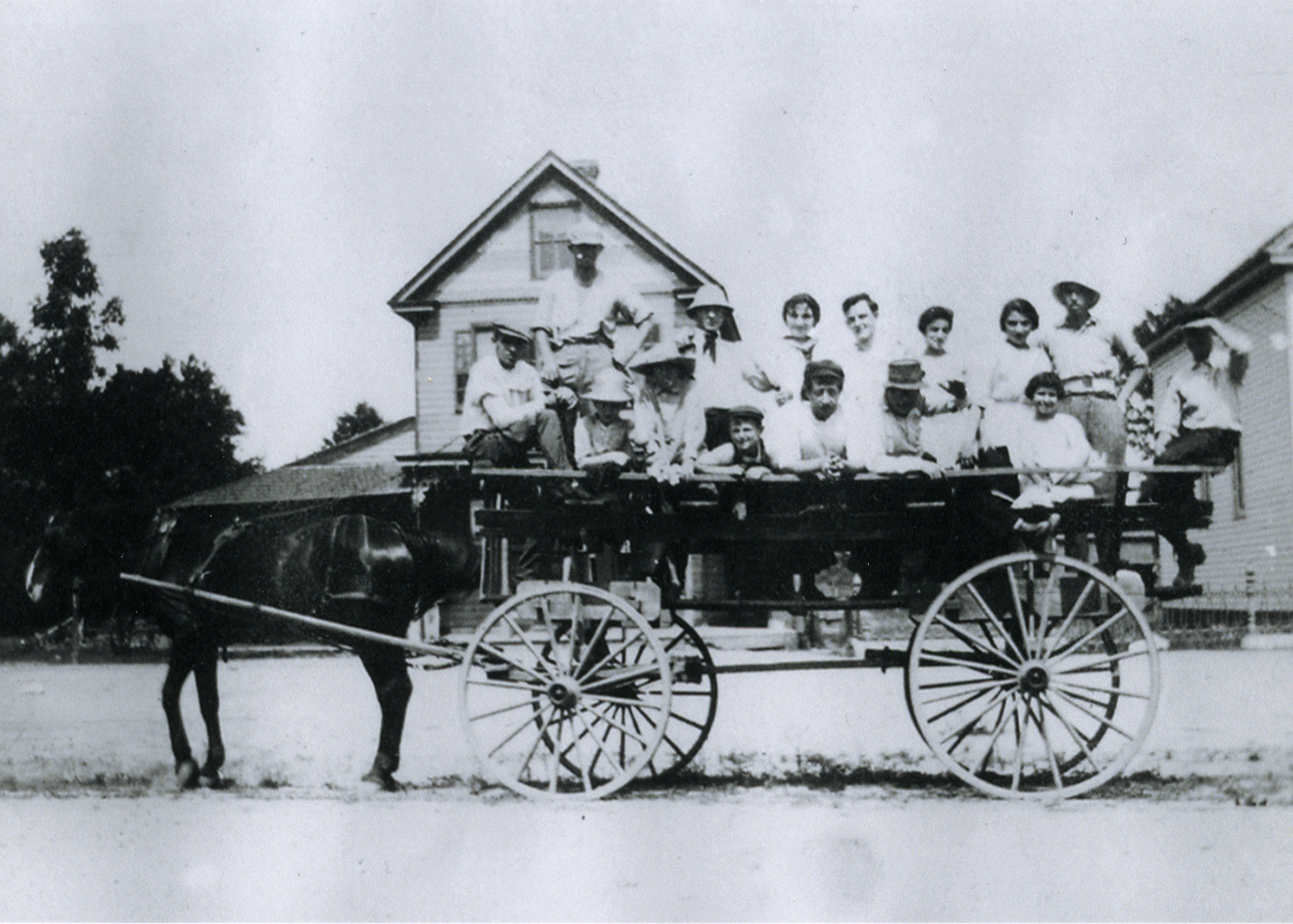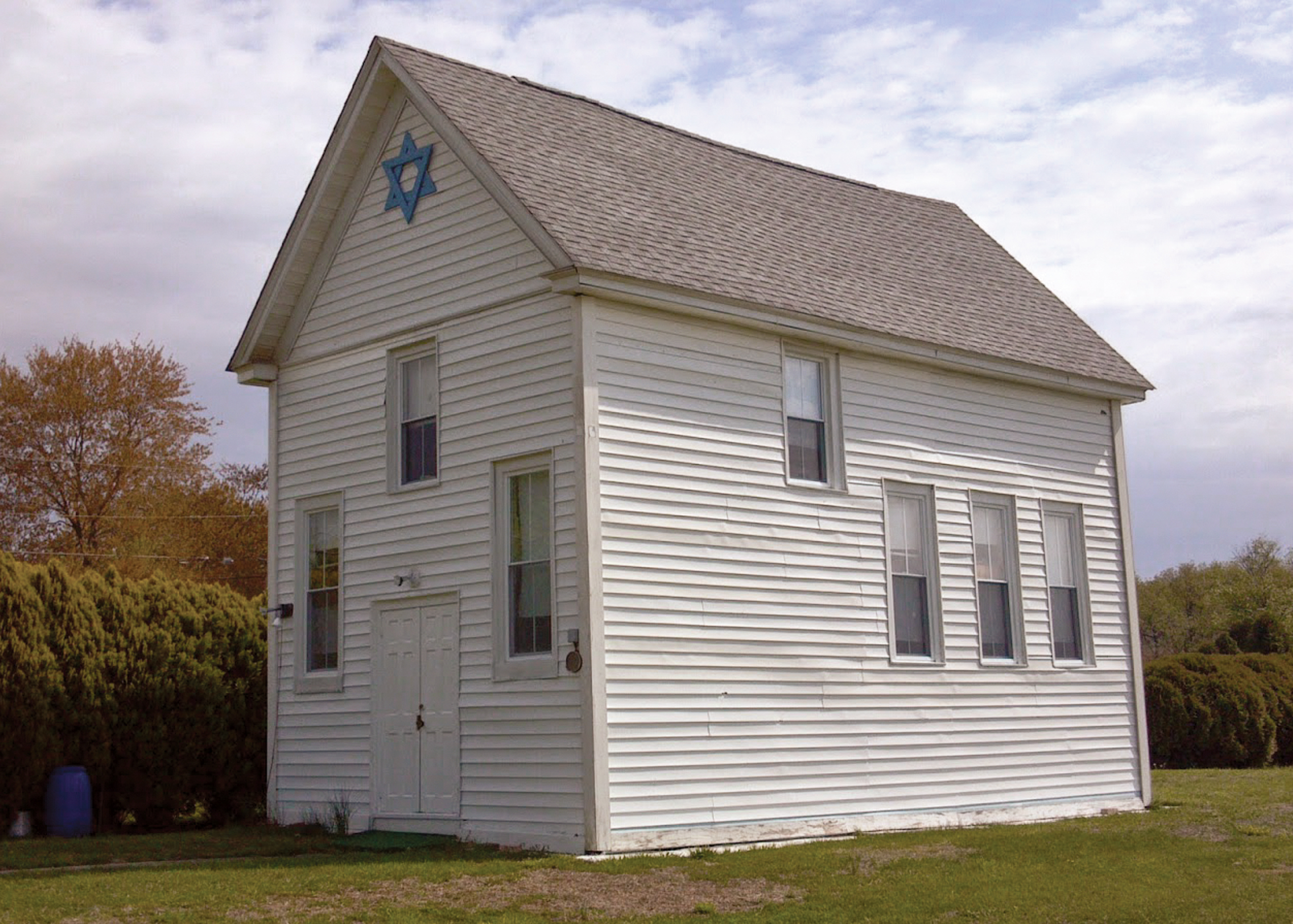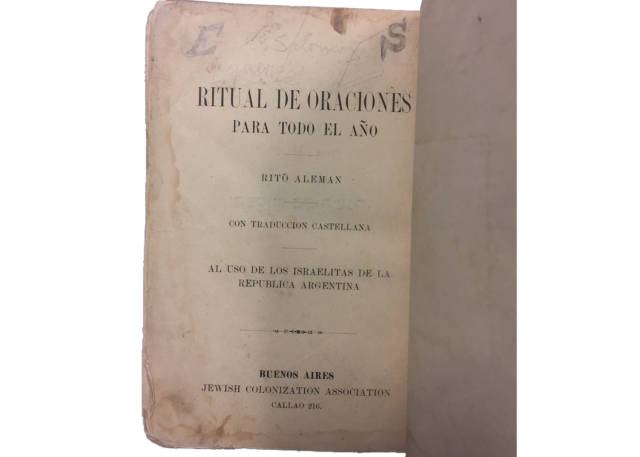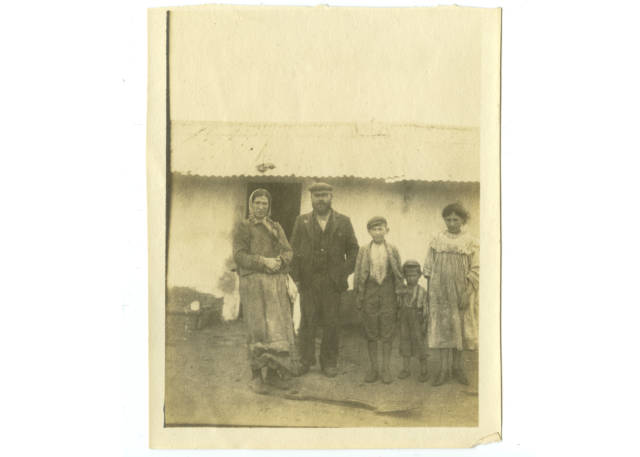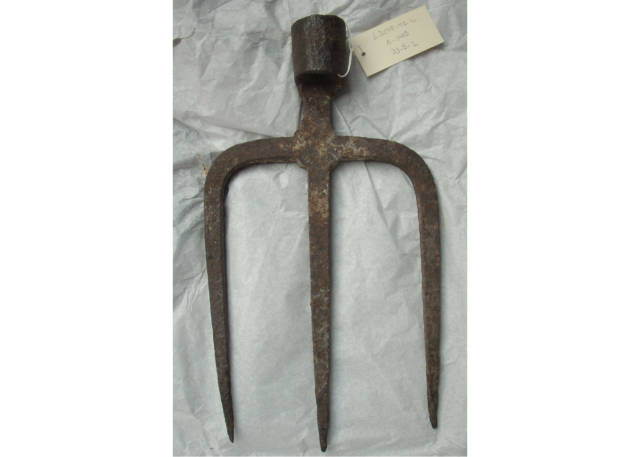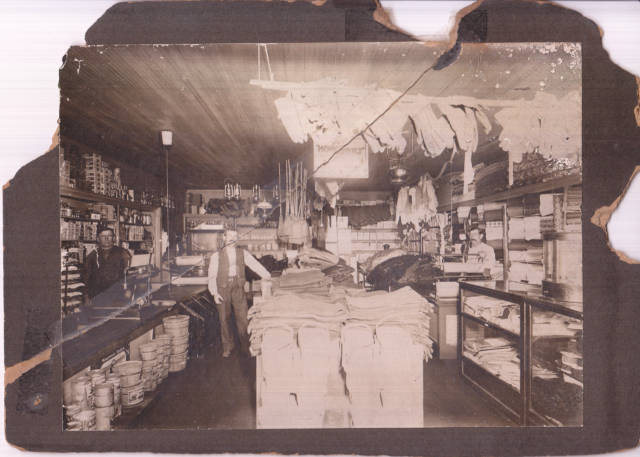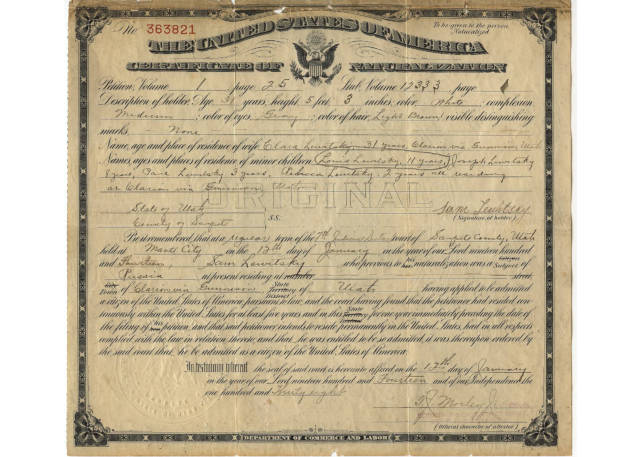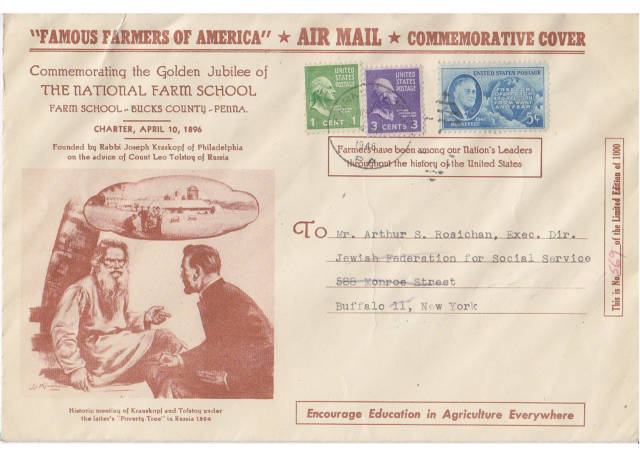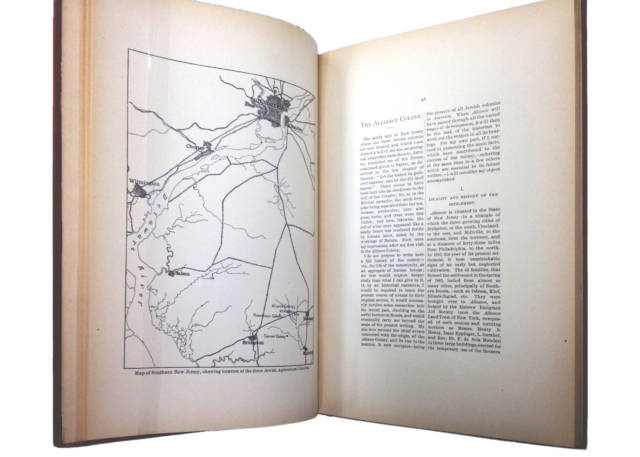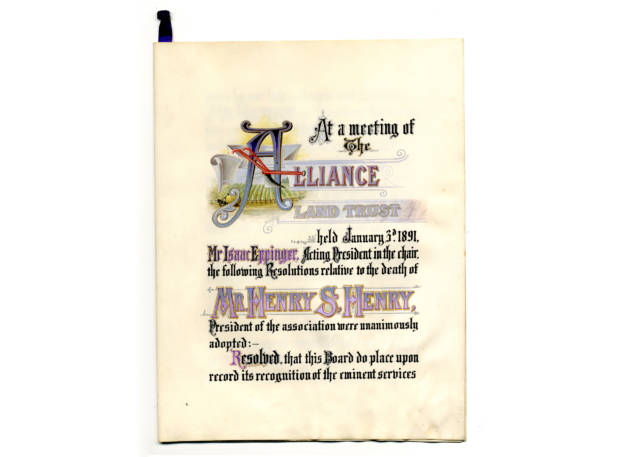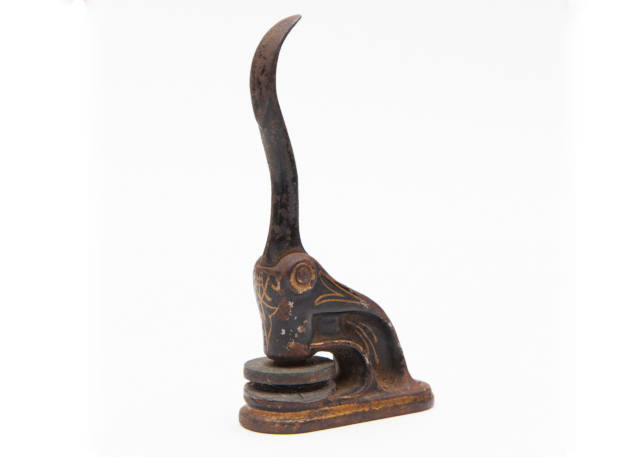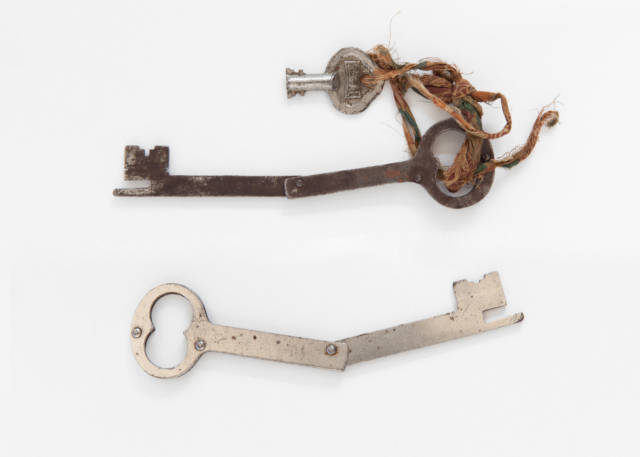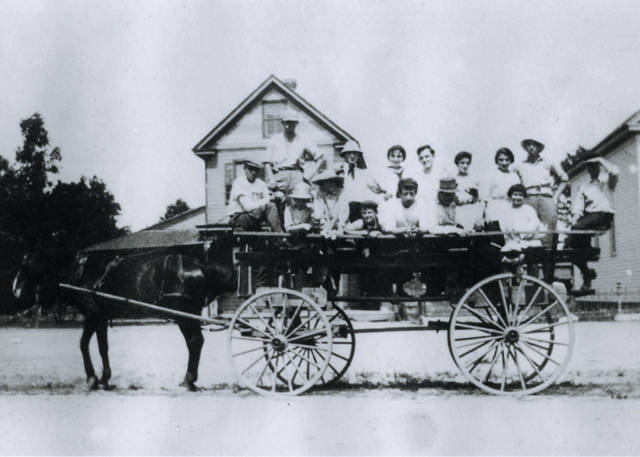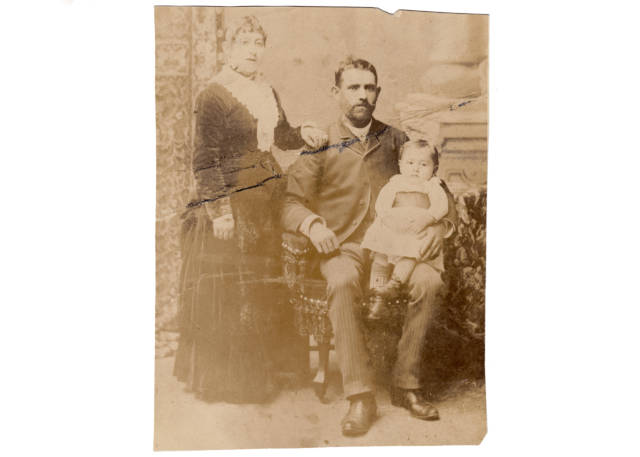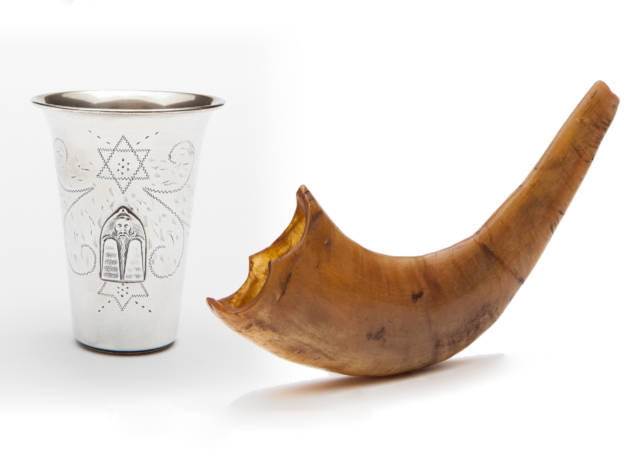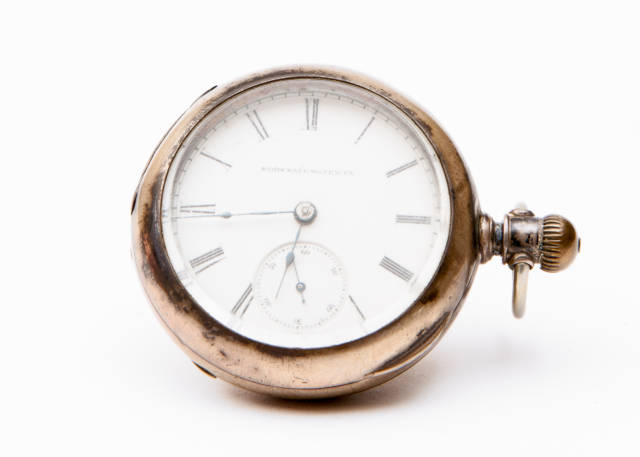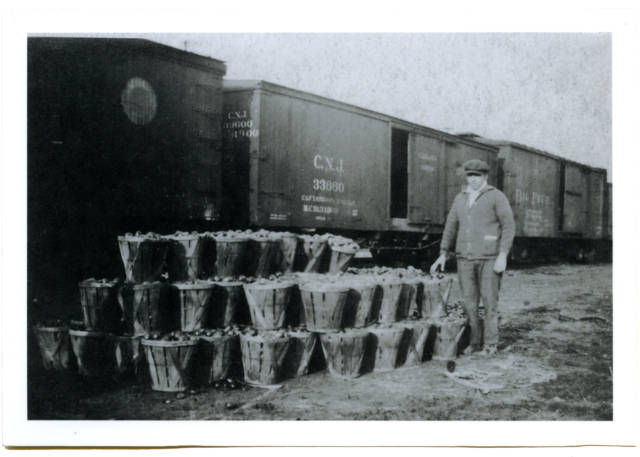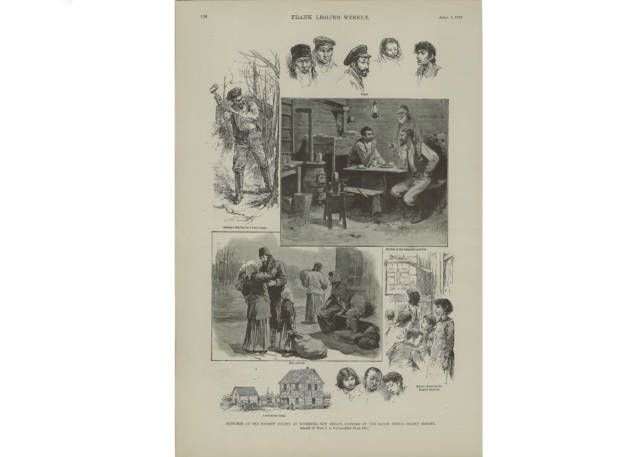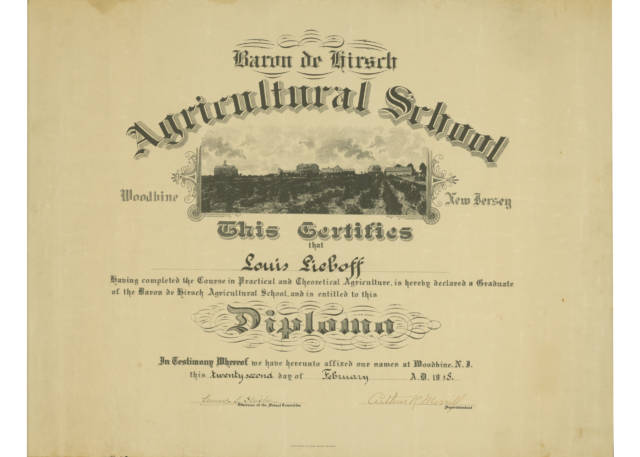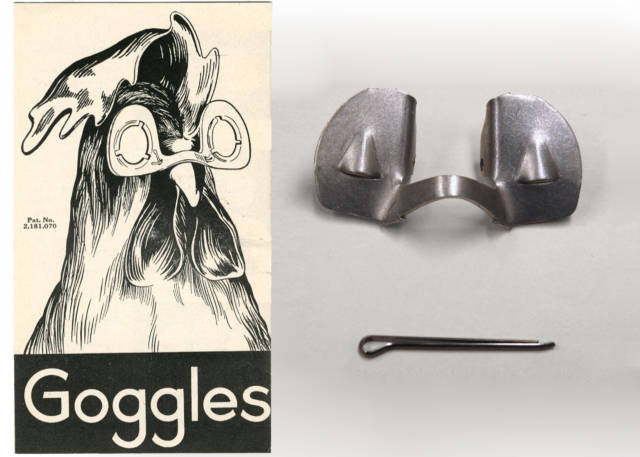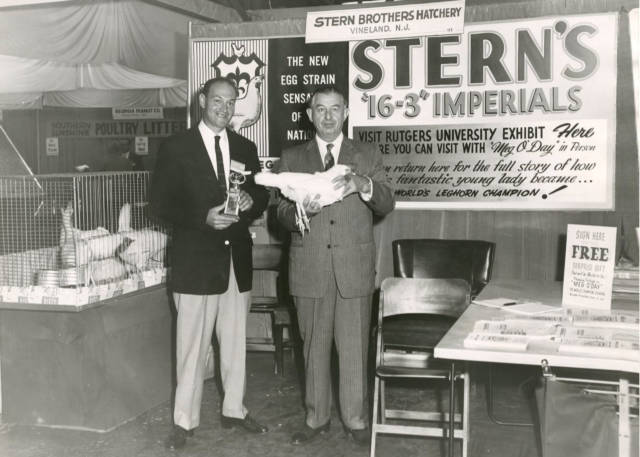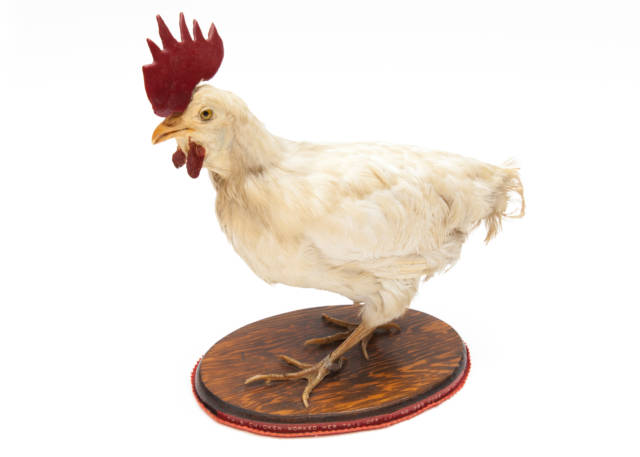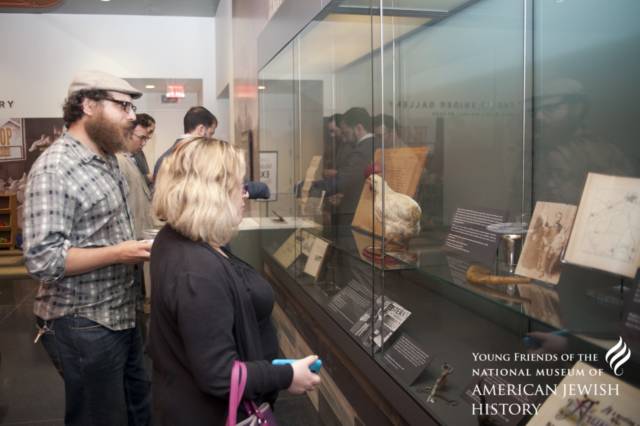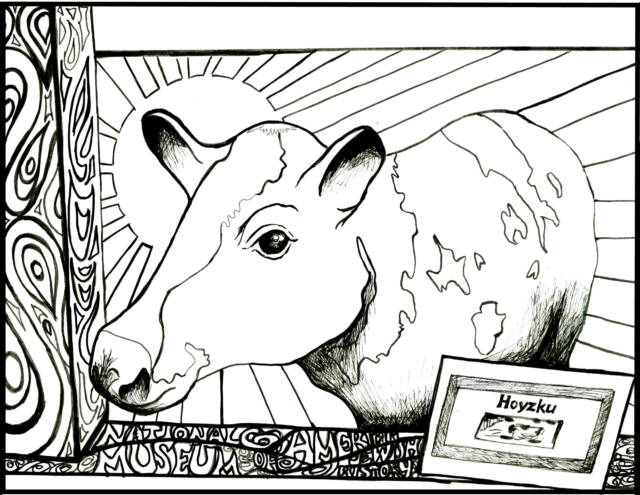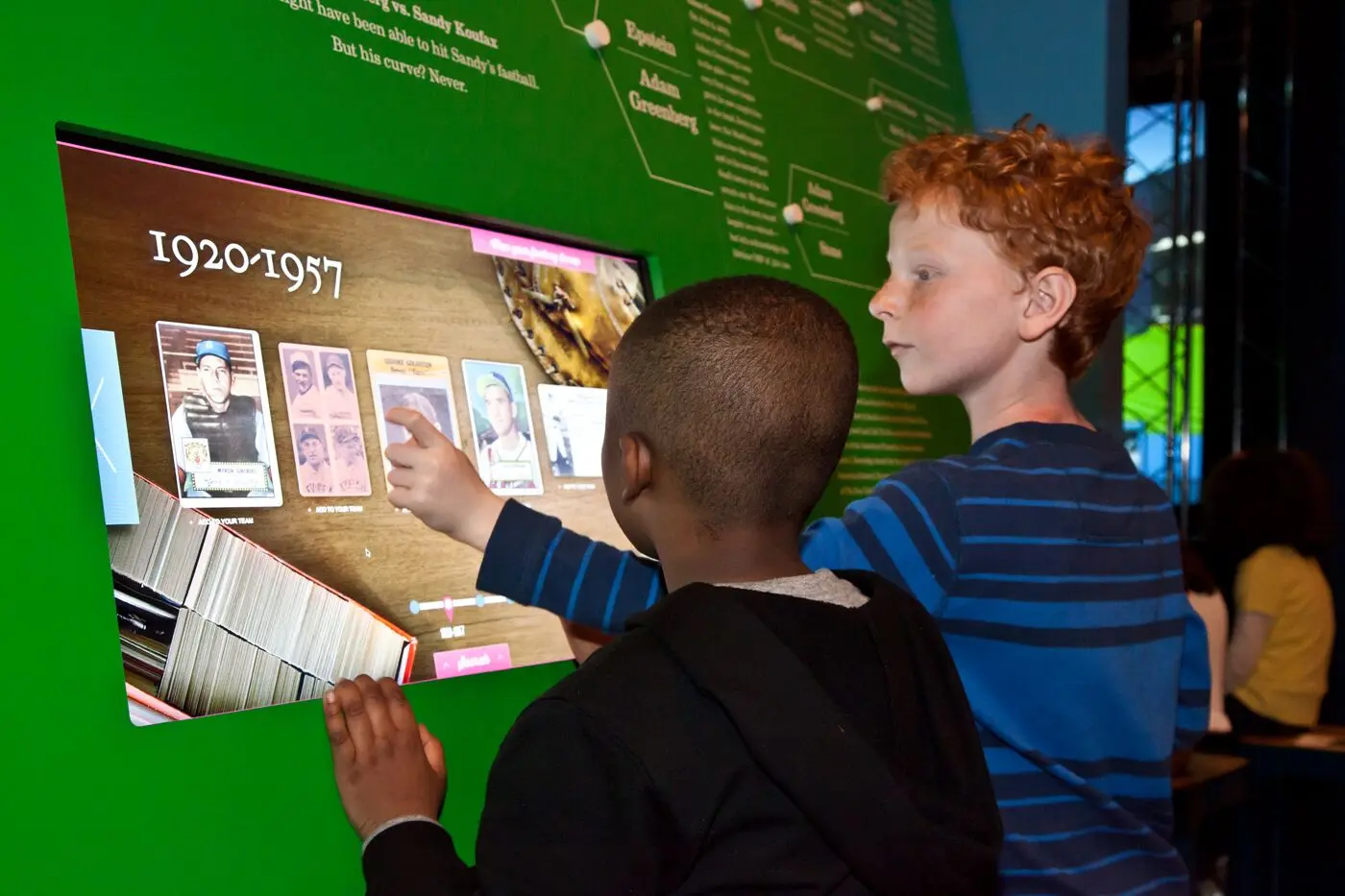Special Hours: Open Daily Thurs 6/26 – Sun 7/6, 10 am – 5 pm
July 4: Open 10 am – 5 pm, with Family Fun from 12 – 4 pm
Special Hours: Open Daily Thurs 6/26 – Sun 7/6, 10 am – 5 pm
July 4: Open 10 am – 5 pm, with Family Fun from 12 – 4 pm
Special Hours: Open Daily Thurs 6/26 – Sun 7/6, 10 am – 5 pm
July 4: Open 10 am – 5 pm, with Family Fun from 12 – 4 pm
Special Hours: Open Daily Thurs 6/26 – Sun 7/6, 10 am – 5 pm
July 4: Open 10 am – 5 pm, with Family Fun from 12 – 4 pm
Special Hours: Open Daily Thurs 6/26 – Sun 7/6, 10 am – 5 pm
July 4: Open 10 am – 5 pm, with Family Fun from 12 – 4 pm
Special Hours: Open Daily Thurs 6/26 – Sun 7/6, 10 am – 5 pm
July 4: Open 10 am – 5 pm, with Family Fun from 12 – 4 pm
Special Hours: Open Daily Thurs 6/26 – Sun 7/6, 10 am – 5 pm
July 4: Open 10 am – 5 pm, with Family Fun from 12 – 4 pm

